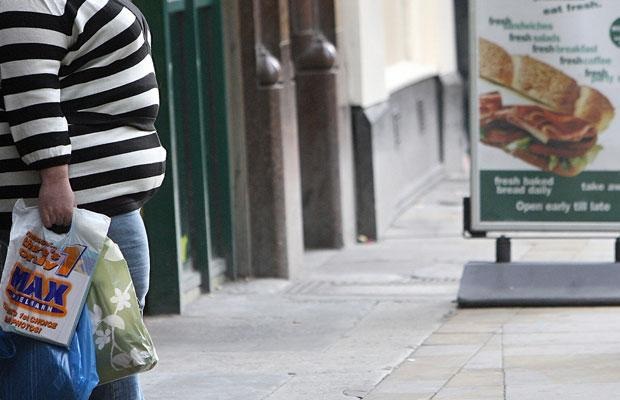Scientists have developed a new way to measure whether a person is too fat without having people step on the scale.
The new measure, called the Body Adiposity Index, or BAI, relies on height and hip measurements, and it is meant to offer a more flexible alternative to body mass index, or BMI, a ratio of height and weight, U.S. researchers said on Thursday.
BMI has been used to measure body fat for the past 200 years, but it is not without flaws, Richard Bergerman of the University of Southern California, Los Angeles, and colleagues wrote in the journal Obesity.
While there are other, more complex ways to measure body fat beyond simply stepping on a scale, BMI is widely used both by researchers and doctors.
It is calculated by dividing weight in kilograms by height in metres squared. A person who is 5 feet 5 inches tall is classified as overweight at 150 pounds (68 kg) and obese at 180 pounds (82 kg).
But there is a lot of wiggle room in that calculation.
For example, women and men with the same BMI might have very different levels of extra flab. BMI numbers cannot be generalized across different ethnic groups or used with athletes, who have extra lean body mass.
Better than a BMI? New obesity scale proposed

